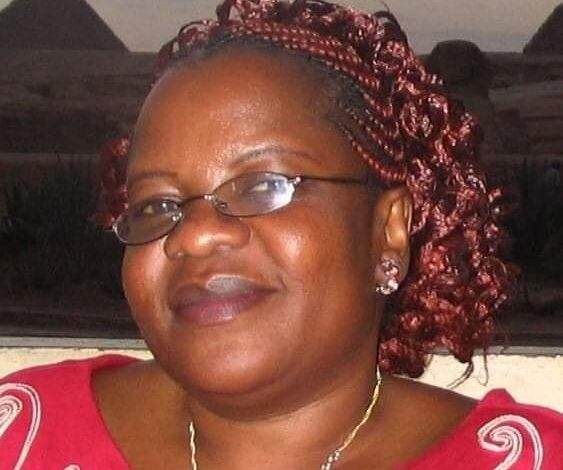INTERVIEW: Betty Kwagala explains why number of women with disabilities contracting HIV/AIDS is growing
In the years past, United States Agency for International Development (USAID) indicated that Persons with Disabilities (PWDs) are at a higher risk of being infected with HIV/AIDS than the general population.

Recently, Positive Women with Disabilities Uganda (POWODU), a local NGO, at a press conference called on the government to include Women with Disabilities (WWD) living with HIV/AIDS when making HIV/AIDS policies, plans and service delivery programs.
In the years past, United States Agency for International Development (USAID) indicated that Persons with Disabilities (PWDs) are at a higher risk of being infected with HIV/AIDS than the general population.
In this interview, our reporter Fahim Muyingo talks to Betty Kwagala, the Executive Director of POWODU, about the state of HIV/AIDS among PWDs and the challenges they face in communities when accessing HIV/AIDS-related services like drugs and treatment.
What is the state and prevalence rate of HIV/AIDS among People with Disabilities?
Statistics outlining the number of People with Disabilities infected with HIV is not known. However, what we ascertain is that the number is alarming. Women and girls with disabilities have not been a priority among the vulnerable communities.
What factors facilitate these increasing and now alarming numbers of infections among People with Disabilities?
People with Disabilities are highly vulnerable to sexual violence, have inadequate access to information on HIV prevention, care and treatment and are stigmatized which puts them at a greater risk of contracting HIV/AIDS in Uganda.
How best can government and other stakeholders help and protect PWDs from being exposed and contracting HIV/AIDS?
We need a meaningful and greater involvement of women and girls living with disability and HIV at all levels of HIV policy formulation and programming.
We call upon the Ministry of Health, Uganda AIDS Commission, UNAIDS, GFTAM and PEPFAR and all HIV funding and implementing partners to scale up inclusion and representation of women and girls living with HIV into different policies and programs.
In addition, we ask the media to investigate and report issues affecting women with disabilities with HIV, the rampant human rights violations and also report positive stories of WWD living with HIV and their families.
What issues influence the bottlenecks that delay HIV service delivery to Women with Disabilities and HIV?
There is a fragmented and uncoordinated community of women with disabilities living with HIV networks and organizations. We also experience a challenge of being included in HIV/AIDS programs which continues to be a tokenistic in nature.







